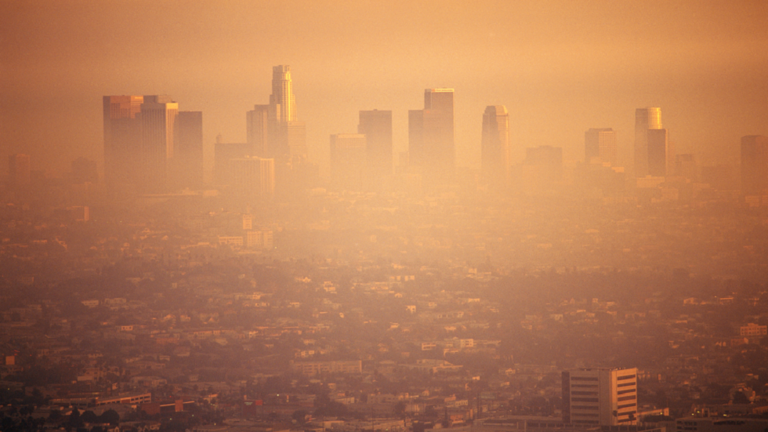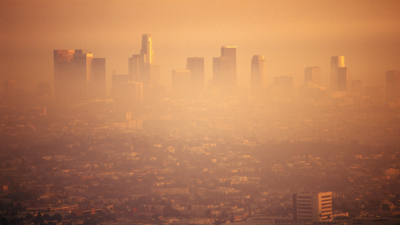Scientists have issued severe warnings regarding global warming and its impact on health, indicating that climate change can harm hair. High heat, humidity, and air pollution—all factors associated with the climate crisis—affect the quality of hair and skin and can lead to baldness. It has been shown that extreme heat alters the structure of the proteins that make up hair and damages the skin, according to hair doctors at Longevita. Besides leaving hair dry, brittle, and prone to breakage, it can also lead to visibly split ends, which may cause further damage as hair grows.
For those living in very humid conditions, hair proteins do not evenly absorb water molecules, causing hair strands to swell and bend irregularly. This results in frizz and may make hair more susceptible to breakage. Pollution from diesel vehicle emissions and the burning of fossil fuels leaves harmful pollutants in the air, which in turn damage hair growth proteins. According to Longevita, urban dwellers are especially at risk as dust and pollutants settle on the scalp, clogging pores and depriving them of oxygen.
Professor Fuad Yuksel, a cosmetic surgeon at Longevita, stated that climate change negatively affects skin health, saying: "Warming climates have increased the occurrence of skin inflammation. Air pollutants can also trigger skin conditions such as eczema and psoriasis. It can also increase the risk of autoimmune diseases like systemic lupus erythematosus, all of which impact the skin and associated hair."
Research conducted three years ago showed similar conclusions, as researchers tested the effects of dust particles and fuel on human scalp cells. In this study, the team exposed human hair follicle cells to varying concentrations of dust particles measuring 10 micrometers or smaller diesel particles. The study, funded by a South Korean cosmetics company, found that exposure to common air pollutants reduced the levels of four proteins responsible for hair growth and retention.
Lead researcher Hyuk Cheol Kwok said, "We investigated the science behind what happens when the cells at the base of hair follicles are exposed to common air pollutants. The research was conducted in the lab; thus, more studies are needed to understand how quickly this affects people who are regularly exposed to pollutants in their daily lives." He continued, "It is possible to assume that at certain levels of exposure this could lead to baldness, but further population-based research is needed to confirm this."




